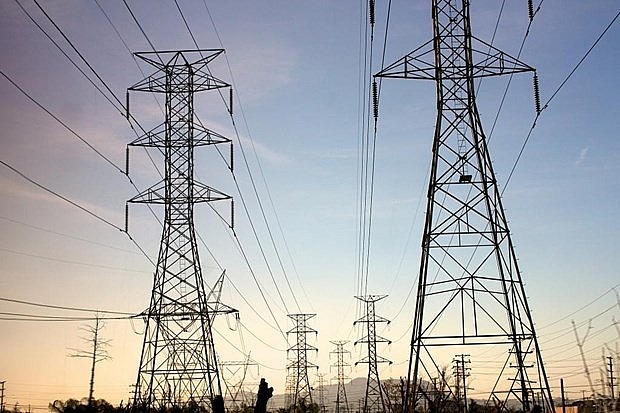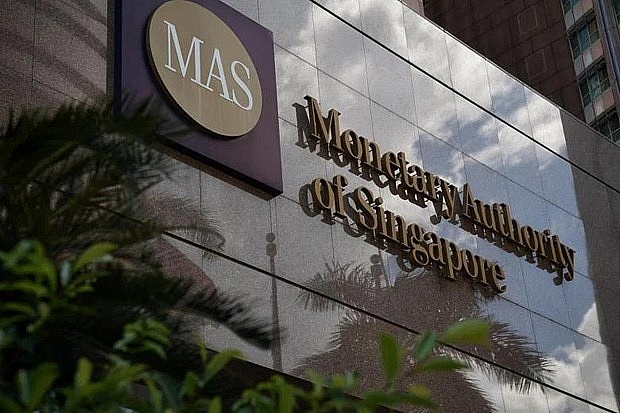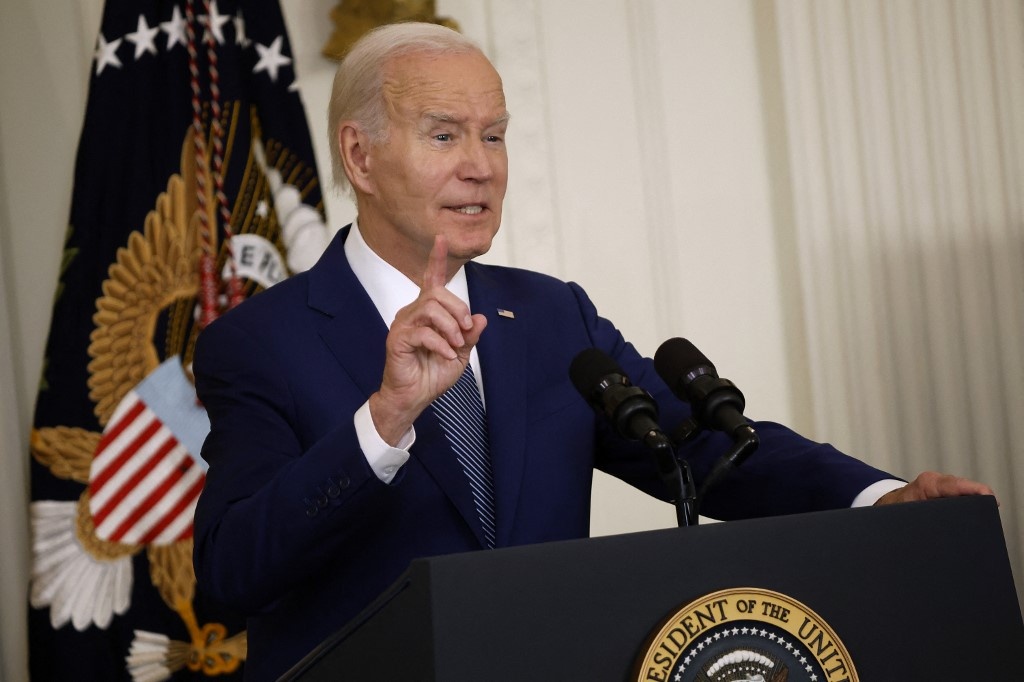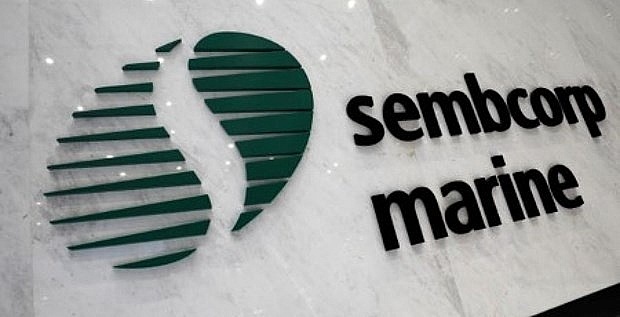The US faces risk of a technical default
There might theoretically be a risk of a technical default in the US but no country allows itself to default when it has the means and the incentive to pay its bills: the US has both.
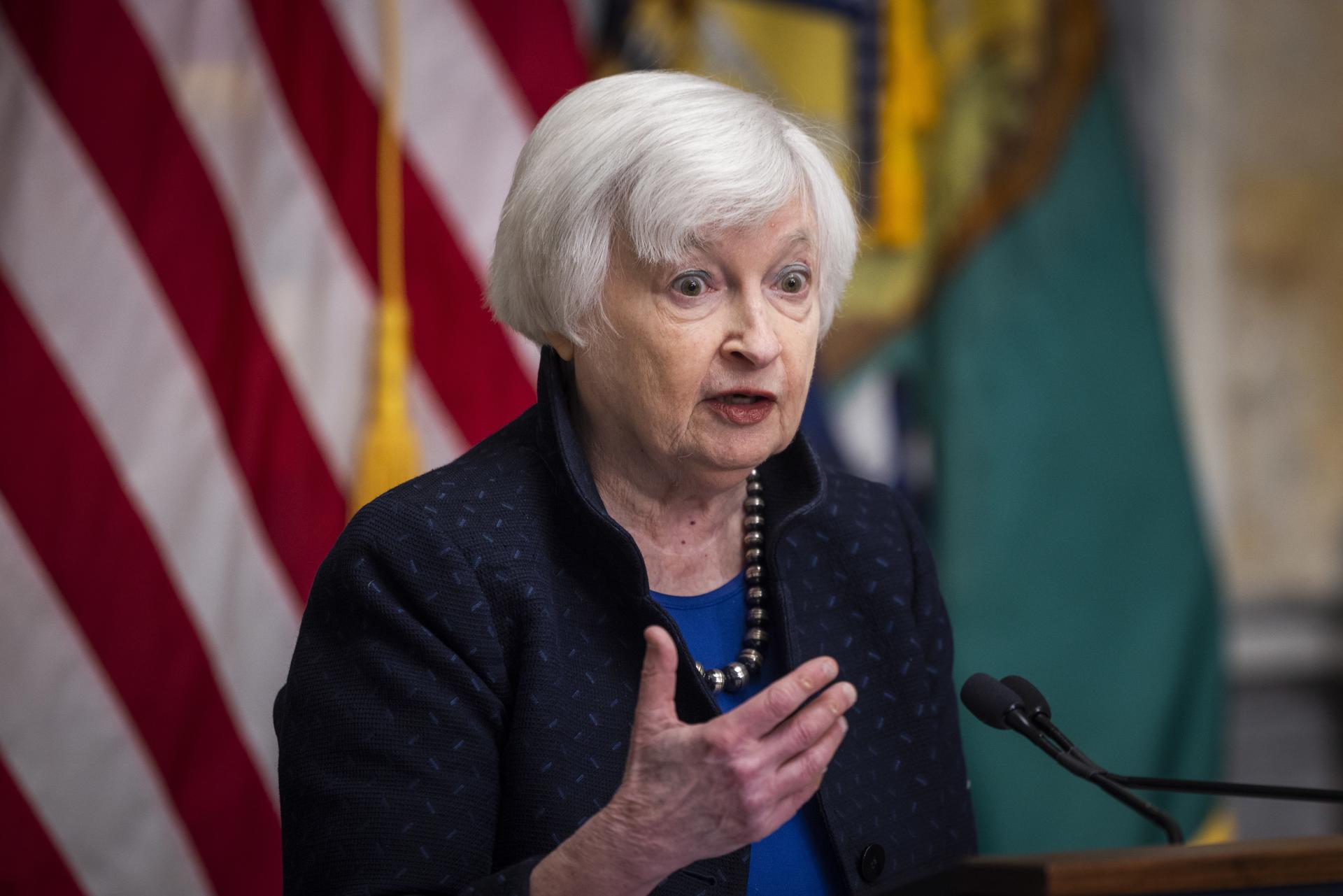
However, it might have to get inventive to pay these bills and, perhaps counter-intuitively, avoiding a default through creative means might actually be worse for the dollar than a full-on technical default.
Debt-ceiling talks are getting very tight if, indeed, the so-called X-day, when the government runs out of cash, is as soon as early June. It is most likely that some sort of deal will be done, probably at five-minutes-to-midnight, but what if it’s not? In this case a technical default would loom and the government would probably have to rapidly try to put in place one of the numerous schemes that have been suggested in order to avoid the worst. One is invoking the 14th amendment which, in theory at least, gives the President the power to order that the country pay its debts.
We say “in theory” because using the amendment is hotly debated and, as Mr. Biden accepted, would surely be subject to a legal challenge. Another supposed solution is to issue a USD1trillion coin which would be deposited at the Fed, so allowing the government to pay its bills. And a third is to issue so-called “premium bonds” which would be swapped with expiring bonds at higher coupon rates, with the cash raised used to pay the governments bills.
However, as many officials have said, not least Treasury Secretary Yellen, any “fix” will not be a good fix. Would it preserve the idea that those lending to the US government can have full faith in its ability to pay back that loan and the interest on it? This might be seen as questionable and possibly, therefore, have a negative bearing on the assets that the US issues, including treasuries and the dollar.
In fact, it is possible that the use of one of these temporary fixes could prove more detrimental to the dollar than a full-on technical default. This might seem crazy but the reason Mr. Steve Barrow, Head of Standard Bank G10 Strategy thinks so is as follows. The problem in determining the impact of a technical default on the dollar is that, on one side is it negative because the full faith and credit of the US would be doubted, but positive in another way as it would be such a huge risk-off shock to the market that it could invoke the buying of safe assets – which would include the dollar.
“We have seen before how US-centric negative shocks can still lift the dollar, not deplete it. The global financial crisis primarily had its origins in the US housing market and yet the dollar soared. Much more recently, banking strains in the US did not lead to a big dollar rally, but neither did they crush the dollar either. And the data we’ve seen in the last few days on foreign purchases of treasuries, of over USD200bn in March suggests that global investors fled to the “safety” of treasuries in the month that the US banking system was under real stress”, said Mr. Steve Barrow.
With all this in mind, it seems just as possible that the dollar would rise in the case of a technical default as fall, at least in the very short-term. But what if there’s no default but, instead, the US authorities has to use one of these fixes to avoid such a calamity? While default may be avoided, we think such a solution would arguably diminish some, if not all, of the possibility that the dollar surges on safe-asset demand. This safe-asset demand is usually contingent on their being massive capitulation in asset prices like stocks, but if this capitulation is avoided by a temporary fix for the debt ceiling problem, dollar strength might be less likely as well.
If we also make the assumption that current and prospective holders of dollars don’t like the idea that default is being circumnavigated by some – potentially illegal - ruse then this may only serve to double-down on dollar weakness. So, there you have it. What we’ve described might sound Double-Dutch but dollar bulls are more likely to win out (temporarily at least) if the US defaults than if it escapes such ignominy by the skin of its teeth.

